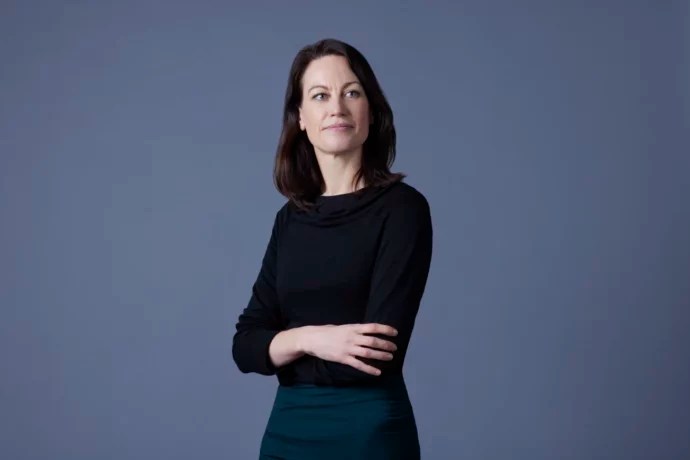Dr. Emily Gallagher’s research marries her background in diabetes and its association with an aggressive form of breast cancer, which garnered her recognition and funding from the Manhasset Women’s Coalition Against Breast Cancer.
“I think this is a really important problem to try to get to the bottom of,” Gallagher, who is on the staff of Mount Sinai in Manhattan, said.
The Manhasset Women’s Coalition Against Breast Cancer hosts fundraisers to support breast cancer research, bolster awareness through education offer support for individuals diagnosed with breast cancer.
Gallagher was honored Wednesday night at the coalition’s Ladies Night Out, which celebrated 20 years of their outreach and raised funds for their continued efforts.
She called the coalition “incredibly moving” in their fundraising and advocacy efforts regarding breast cancer research.
“It was just amazing to see the community that they have and how invested they all are in each other and how grateful they are for everything that’s being done,” Gallagher said.
Gallagher connected with the Manhasset Women’s Coalition Against Breast Cancer earlier this year when they funded her research project to be carried out over the next two years. Gallagher’s was one of three projects selected by the coalition.
Her research project is studying triple-negative breast cancer, a more aggressive and spreadable form of the disease where cancer cells don’t have estrogen or progesterone receptors nor much of the HER2 protein. She said it is more common in younger, pre-menopausal women and typically Black women as well, which the correlation she said has yet to be understood.
Gallagher said triple-negative breast cancer is commonly associated with diabetes in younger women diagnosed with the disease. Her research is studying the association between the pre-diabetes phase and triple-negative breast cancer.
“And is there actually something in pre-diabetes, like the hormone levels, the high insulin levels, that are actually causing the development of triple-negative breast cancer or contributing to the decrease in the hormone receptor expression that could be explaining why people with this condition are more likely to get triple-negative breast cancer?” Gallagher said of what her research is questioning.
Gallagher, who is from Ireland, received her Doctor of Medicine from the University College Dublin, Ireland and her PhD in Physiology and Medical Physics from the Royal College of Surgeons of Ireland.
She has been a doctor at Mount Sinai since 2007 where she serves as associate professor of medicine, endocrinology, diabetes and bone diseases.
While Gallagher is an endocrinologist, specializing in the endocrine system, diabetes and bone diseases, she said many of her patients are diagnosed with cancer and many of those diagnosed have a form of breast cancer.
Gallagher said many of her patients are being treated with chemotherapy, which can impact their endocrine system due to its effects on increasing blood sugar levels and steroids taken during treatment.
Her research, which is funded by the National Institutes of Health, marries both her background in endocrinology and breast cancer research – the disease many of her patients are battling.




























